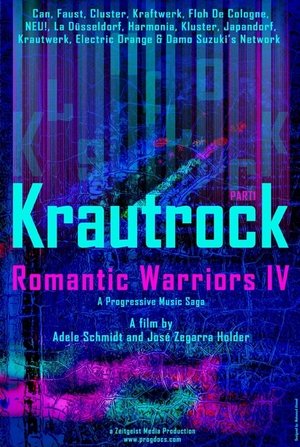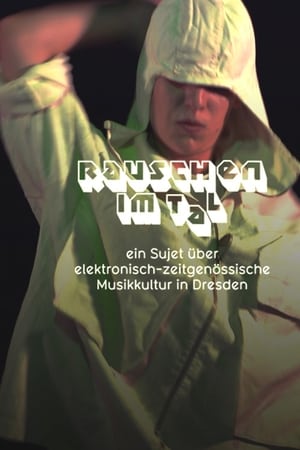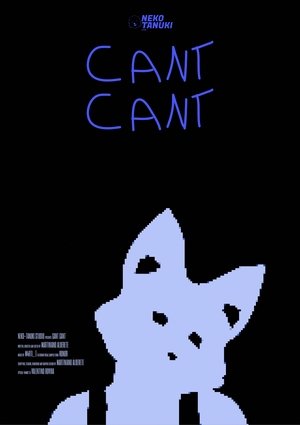
Romantic Warriors IV: Krautrock (Part I)(2019)
The fourth in a series of feature-length documentaries about Progressive rock written and directed by Adele Schmidt and José Zegarra Holder. Krautrock, Part 1 focuses on German progressive rock, popularly known as Krautrock, from in and around the Cologne, Düsseldorf, and Hamburg regions of Germany. Artist featured include Kraftwerk, Neu, Can, Faust and others.
Movie: Romantic Warriors IV: Krautrock (Part I)
Top 9 Billed Cast
Video Trailer Romantic Warriors IV: Krautrock (Part I)
Similar Movies
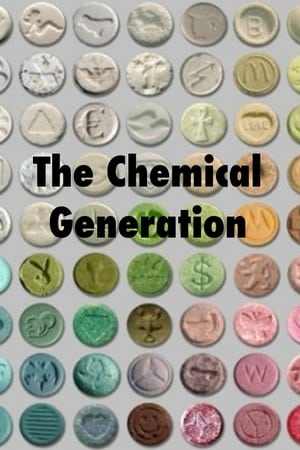 0.0
0.0The Chemical Generation(en)
This documentary covers the acid house, rave and club culture revolution in the UK and of course the chemical Methylenedioxymethamphetamine or ecstasy. This era inspired the film 24 Hour Party people and sheds light on the forgotten counter culture movement.
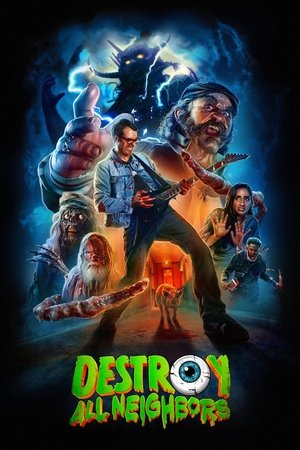 6.3
6.3Destroy All Neighbors(en)
William Brown, a neurotic, self-absorbed musician determined to finish his prog-rock magnum opus, faces a creative roadblock in the form of a noisy and grotesque neighbor named Vlad. Finally working up the nerve to demand that Vlad keep it down, William inadvertently decapitates him. But, while attempting to cover up one murder, William’s accidental reign of terror causes victims to pile up and become undead corpses who torment and create more bloody detours on his road to prog-rock Valhalla.
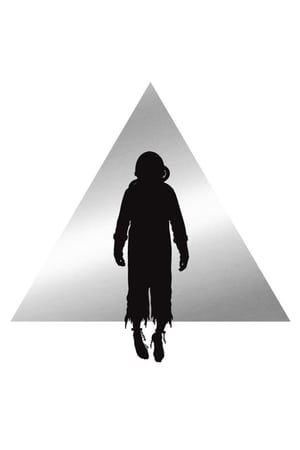 6.0
6.0Clipping: Splendor & Misery(en)
A surreal post-apocalyptic drama by Patrick Kennelly inspired by the clipping. album “Splendor & Misery”
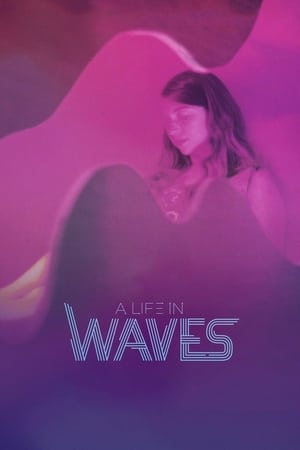 6.7
6.7A Life in Waves(en)
Explores the life and innovations of composer and electronic music pioneer Suzanne Ciani.
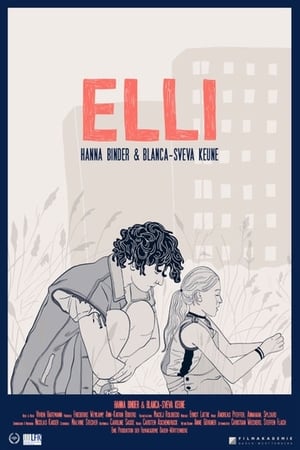 0.0
0.0Elli(de)
Elli works as a techno DJ and loves electronic music. She has a daughter named Toni, who mostly grows up with her father. The 9-year-old girl is only with her on weekends. They have planned a mother-daughter weekend, but suddenly Elli is offered an important gig at an electronic music festival. Finally playing in front of a big audience again, feeling the ecstasy and intoxication of the night. Through the music she escapes the stagnation, the desolation, the role model of the conventional mother and the narrowness of the provincial town. Torn between maternal missing her and asserting herself in her life, Elli tries to be there for Toni and at the same time to live her dreams without restrictions.
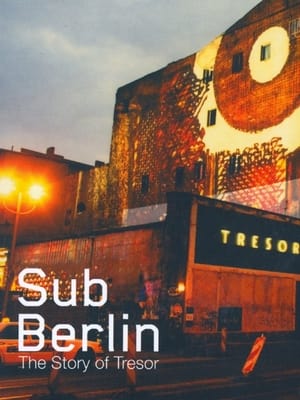 9.0
9.0SubBerlin - Underground United(de)
The original Tresor was in many ways the quintessential Berlin club: located in an unrenovated vault beneath a bombed out department store, it opened its doors amidst the general confusion and ecstasy that swept across the city when the wall fell. Its low ceilings, industrial decor and generally unhinged atmosphere created an unprecedented platform not only for techno in Berlin, but also for the scene taking shape across the Atlantic in Detroit.
 7.5
7.5Berlin: Symphony of a Great City(de)
A day in the city of Berlin, which experienced an industrial boom in the 1920s, and still provides an insight into the living and working conditions at that time. Germany had just recovered a little from the worst consequences of the First World War, the great economic crisis was still a few years away and Hitler was not yet an issue at the time.
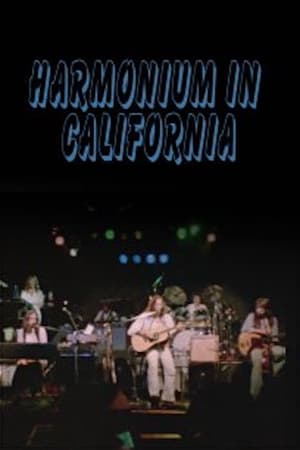 4.0
4.0Harmonium in California(fr)
Through concerts and interviews, folk-progressive group Harmonium takes Quebec culture to California. This documentary full of colour and sound, filmed in California in 1978, recounts the ups and downs of the journey of the Quebec musical group Harmonium, who came to feel the pulse of Americans and see if culture, their culture, can succeed in crossing borders.
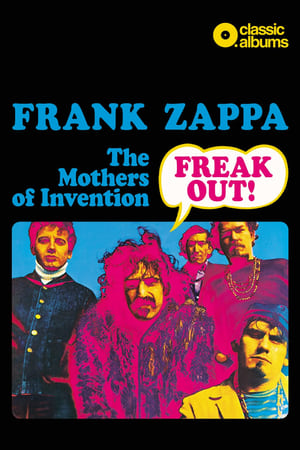 8.6
8.6Classic Albums: Frank Zappa & The Mothers Of Invention - Freak Out!(en)
This programme tells the story behind the conception, recording and release of this groundbreaking album. By use of interviews, musical demonstration, performance, archive footage and returning to the multi tracks with Ahmet Zappa and Joe Travers we discover how Frank Zappa and The Mothers of Invention created the album with the help of legendary African- American producer Tom Wilson.
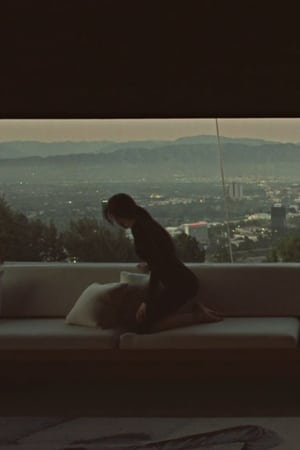 0.0
0.0Sasha Grey(en)
“For my film portrait of Sasha Grey, I wanted to focus on her expressive and psychological transformation into a cinematic actor, separate from the cues that have associated Sasha with her previous career as a performance artist working within the adult film world.” – Richard Phillips
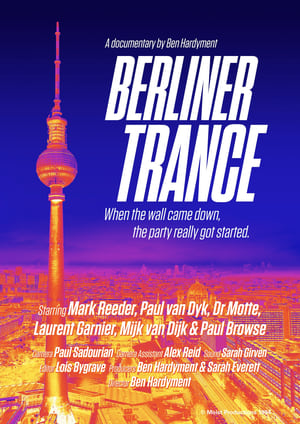 0.0
0.0Berliner Trance(en)
This lost classic, shot on 16mm in a wintry Berlin in 1993, explores the origins of the German trance scene. Featuring interviews with fresh-faced selectors including Laurent Garnier and MFS Records founder Mark Reeder, the documentary also feature footage from the city's iconic Love Parades in 1991 and 1993.
 0.0
0.0Irish Catholic(en)
Meet Shavon O'Brien: Her family doesn't understand her, her church ignores her, even Jesus forgets about her. With only the spirit of Sinead O'Connor to guide her, Shavon battles institutional child abuse, narcissistic group think, a talking stomach and a singing poop bucket! Shavon goes from Catholic to Crusty Punk in this very, very, very, dark musical comedy!
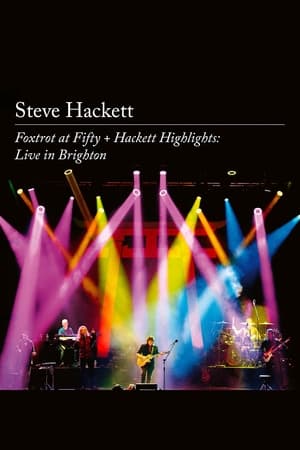 7.0
7.0Steve Hackett – Foxtrot at Fifty + Hackett Highlights: Live in Brighton(en)
Filmed and recorded live on his 2022 UK tour, in the coastal city of Brighton, UK, this release documents Steve and his band celebrating the 50th anniversary of the much-loved Genesis album 'Foxtrot', along with selections from Steve's solo career.
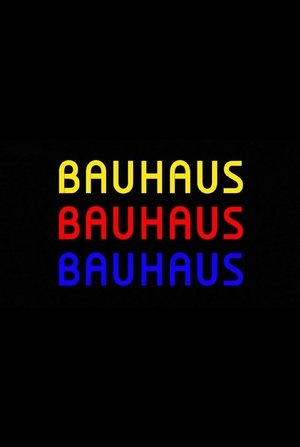 6.5
6.5Bauhaus 100(en)
In 1919 an art school opened in Germany that would change the world forever. It was called the Bauhaus. A century later, its radical thinking still shapes our lives today. Bauhaus 100 is the story of Walter Gropius, architect and founder of the Bauhaus, and the teachers and students he gathered to form this influential school. Traumatised by his experiences during the Great War, and determined that technology should never again be used for destruction, Gropius decided to reinvent the way art and design were taught. At the Bauhaus, all the disciplines would come together to create the buildings of the future, and define a new way of living in the modern world.
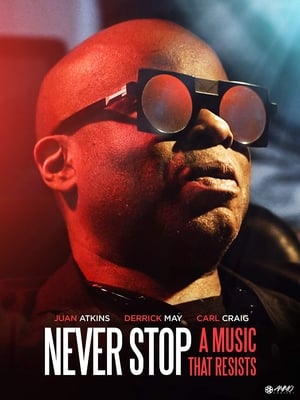 5.5
5.5Never Stop: A Music That Resists(en)
Featuring the pioneers of techno music Juan Atkins, Derrick May, Carl Craig, and Jeff Mills, Never Stop takes us into the fascinating universe of techno labels in Detroit. This film highlights the deep roots of the creation, more than thirty years ago, by each of the African-American pioneers of techno music, of their own record labels.
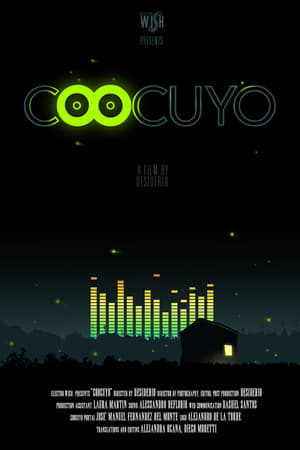 10.0
10.0COOCUYO(es)
COOCUYO. To quote a Cuban comedian: “where does the Cocuyo hide its battery?”, just thanks to its peculiarity, Desiderio uses this cockroach as a perfect metaphor to describe his protagonists: with their green lights during the night and virtually impossible to find during the day. In his movie, he tries to find the battery of the Cocuyo living and looking for the “day-time” part, creating a path made by portraits and with an anti-narrative style. These scenes are far away from the Electronic music, or partly at least; all in a very natural context and without a defined screenplay. http://www.coocuyo.com/
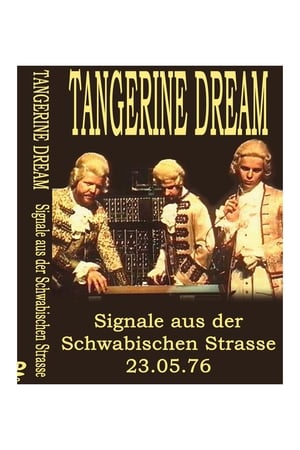 0.0
0.0Tangerine Dream - Signals from the Schwäbischen Strasse(de)
German TV film, also shown on Spanish TV in 1976, this is a film all about TD which includes informal interviews and concert/studio footage, most of which seems to have been done exclusively for the film. The interviews are in the German language. The street name in the title refers to where Edgar Froese used to live in Berlin (apparently Klaus Schulze lived on the same street at the time) and is now the site of the TDI offices.
